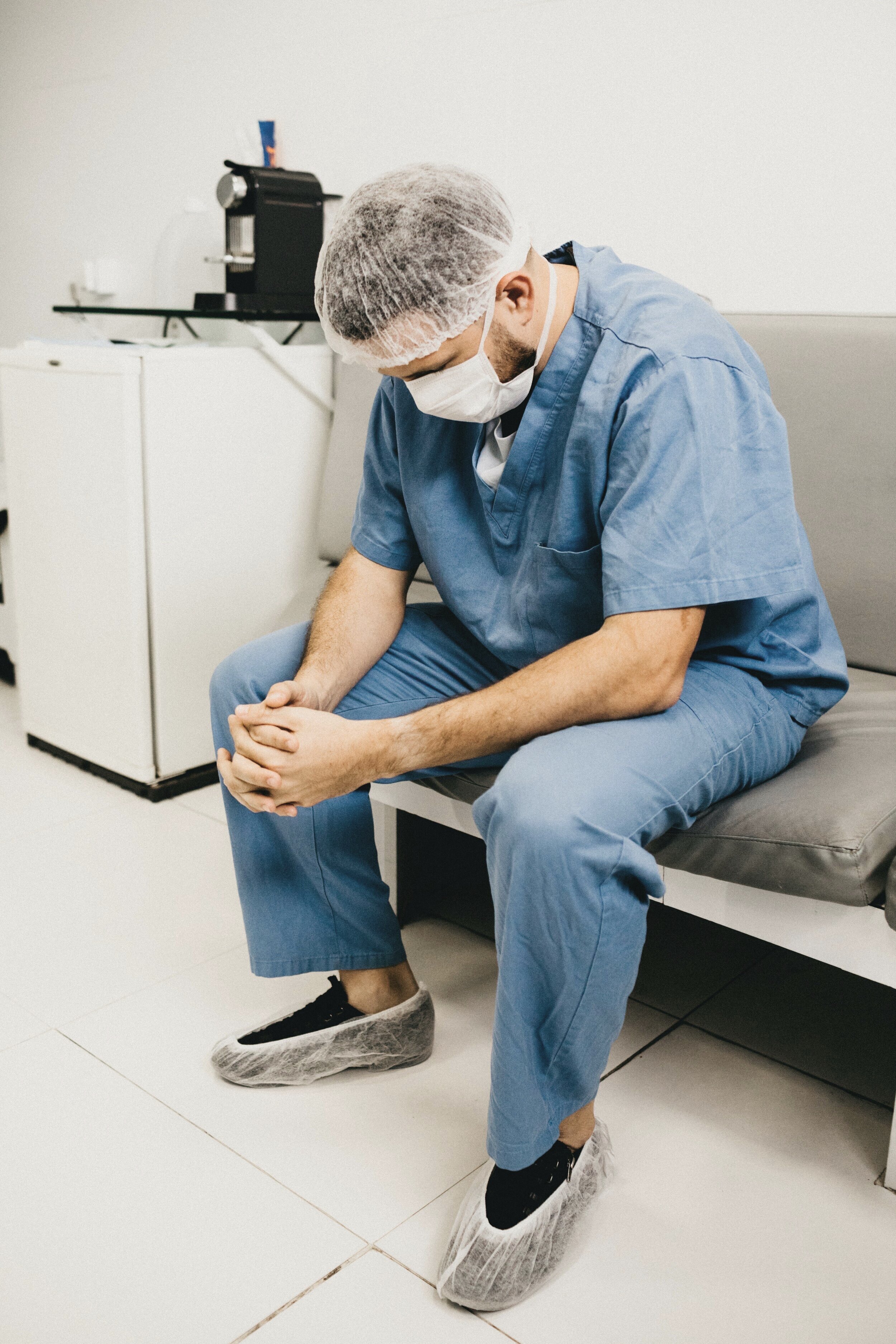
Resilience Training for Healthcare Workers
We know from research conducted during previous pandemics that healthcare workers who are putting their own health at risk while taking care of others, such as during the COVID-19 pandemic, are also at risk for mental health problems such as anxiety, depression, and post-traumatic stress. Because of these risks, we developed a brief 3-session video course to introduce healthcare workers to techniques that may increase their resilience. Although this course was created with the healthcare providers working on the front lines of the pandemic in mind, much of the material is still applicable today. We have posted these videos below so that anyone can access them.
A publication describing the results of a study measuring the effects of this course on the resilience of employees of a large healthcare system is available here.
Filmed in mid-March, 2020
Session 1
This session focuses on understanding what resilience is and the technique of mindfulness as a way to enhance resilience in times of increased stress.
Session 2
This session describes how our thoughts about the world and other people impact our feelings, and ways of coping with uncertainty.
Session 3
This session introduces techniques for showing greater kindness towards ourselves during difficult experiences.
Special Topics
Promoting Resilience in Children & Parents
Behavioral Aspects of Infection Control
Promoting Resilience in the Elderly
Practicing Self-Compassion
Attribution-NonCommercial-ShareAlike
CC BY-NC-SA
Copyright © 2020 The General Hospital Corporation
NOTICE: Except where otherwise noted, this content is licensed under a Creative Commons Attribution-NonCommercial-ShareAlike 4.0 license (https://creativecommons.org/licenses/by-nc-sa/4.0/legalcode). In addition to the terms and conditions set forth therein including, but not limited to, the Disclaimer of Warranties and Limitation of Liability, this content is made available subject to the following conditions: THE CONTENT HAS NOT BEEN REVIEWED OR APPROVED BY THE UNITED STATES FOOD AND DRUG ADMINISTRATION OR ANY OTHER AGENCY AND IS MADE AVAILABLE FOR EDUCATIONAL PURPOSES. THE CONTENT IS PROVIDED ‘AS IS’ AND MUST NOT BE USED TO MAKE A CLINICAL DIAGNOSIS OR REPLACE OR OVERRULE A LICENSED HEALTH CARE PROFESSIONAL'S JUDGMENT.
We also created a downloadable list of additional resources including websites, books, articles and specific material referenced in the sessions.
Funded by:






